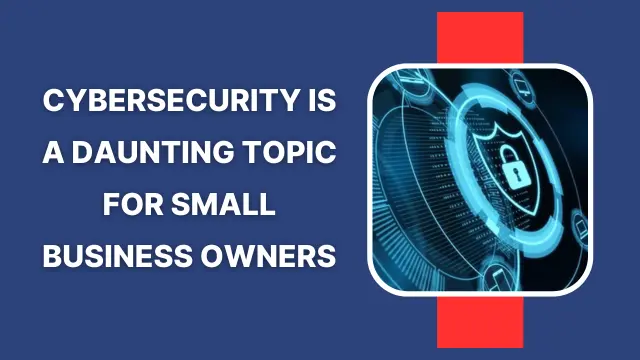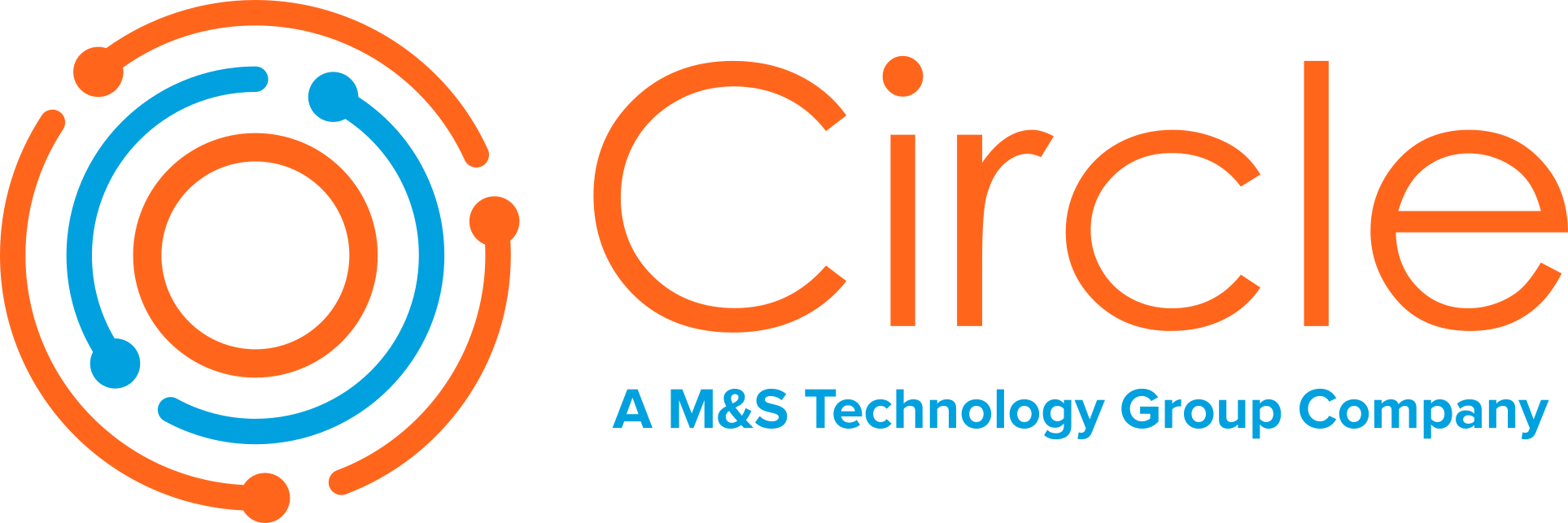
Cybersecurity is a daunting topic for small business owners. Making sense of them with so many different threats can be difficult. Fortunately, there are some simple questions you can ask yourself that will help you determine whether or not your company needs to rethink its cybersecurity strategy.
Review your cybersecurity status and make upgrades and improvements as needed, especially if you answered yes to any of the questions below. To help you evaluate your cybersecurity status and make upgrades and improvements as needed, we’ve compiled a short list of questions to ask yourself.
Are There Any Gaps in Your Enterprise Security?
Review all aspects of your security program—including access control, identity management, incident response capabilities, and more—to ensure they’re keeping pace with growing threats.
Do You Have an Effective Strategy for Managing Third-Party Risk Across the Organization?
Whether it’s contractors or vendors providing IT support or other services on behalf of your company (or even just software delivered via cloud computing), businesses need effective strategies for managing third-party risk (especially since insiders cause many breaches). This includes frequent audits of vendors’ networks, hiring staff with sufficient tech skills who can perform independent assessments when necessary, conducting regular reviews, and taking action where appropriate. If you answer yes to any of them, it’s time to rethink your cybersecurity.
1. You’re Not Paying Attention to Cyber Threats
Cyber threats are increasing in frequency, sophistication, and targetability. As your organization grows and becomes more successful, you will become more of a target for cybercriminals. This means the attacks against you will become more frequent and sophisticated, making them harder to detect or defend against. If you don’t pay attention to these trends, it could seriously damage your reputation and financial losses due to downtime costs or stolen data/information.
2. You Think Your Business Is Too Small to Be at Risk
If you think your business is too small to be at risk, you need to understand that even the smallest companies are vulnerable to attack. Small businesses often have weaker security systems and fewer employees trained in cybersecurity practices.
You may also be more trusting than larger corporations and less aware of the potential dangers. When a hacker comes along looking for an easy target, they will go after these types of businesses first because they offer little resistance or technical expertise on their part.
2. You Think Your Business Is Too Small to Be at Risk
If your anti-virus software isn’t up to date, it’s time to update. You can do this through the software itself or by visiting the manufacturer’s website. If you don’t do this, you risk malware infecting your computer or a security breach that could compromise sensitive information stored in your system.
4. You Don’t Have a Cybersecurity Budget or Policy in Place
A cybersecurity budget or policy is essential to the success of your company. Without a budget, you’re not going to be able to implement any of the other best practices on this list because you simply won’t have the funds necessary to do so.
Your employees must know why they need these budgets and policies in place. Why would anyone care if there are no consequences for skipping out on them? This can lead to situations where an employee is more worried about their cybersecurity than they are about helping protect your company from attack.
5. The Cookies on Your Computer Are from the Previous Decade
Cookies are small files stored on your computer that can be used to track your activity. They’re a bit like the pages in a book: they keep track of what you do and where you go so that when you return to the page, it knows where to take you next.
While cookies aren’t necessarily bad, hackers can use them to access your data without needing physical access to your devices. A hacker might use cookies as an entry point into your system because it will still work even if your computer’s security measures have been disabled or rendered inoperable by another attack (like ransomware).
Hackers can also use cookies to track your activity and find out things like:
1. What sites do you visit on the internet (and what do you do when you get there)
2. What apps you have installed on your computer or mobile device
3. Where you are located at any given time (this could help them figure out if they are still in your area)
4. Who else has access to your devices
6. Your Security Protocols and Passwords Are Out of Date
You should always use strong passwords. While using the same password for everything is tempting, hackers can easily break into any account. Instead, you should use different passwords for every website or service you log into and change them regularly (at least every six months).
If managing your passwords is an issue, use a password manager. If you have trouble remembering your different passwords, consider using a password manager like LastPass or 1Password to create and store strong, unique passwords across all your accounts while keeping those login credentials private from prying eyes.
Usually, two-factor authentication is the easiest security method to use wherever possible—and make sure it’s turned on everywhere, too! With two-factor authentication enabled on each account that offers it, even if someone guesses or steals your password, they can’t get in without having access to your cell phone as well—and that’s much harder than getting just one piece of information!
The reality is that cybersecurity threats are real and will not go away any time soon. The good news is that you can take steps today to protect your business, including upgrading your software, changing passwords regularly, and paying attention to digital trends. In doing so, you’ll be better equipped to protect yourself against hackers who may want only a few minutes of your time or access to one of your files.
